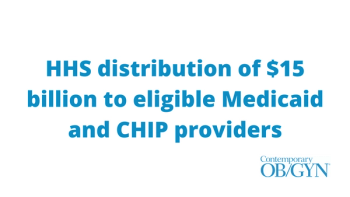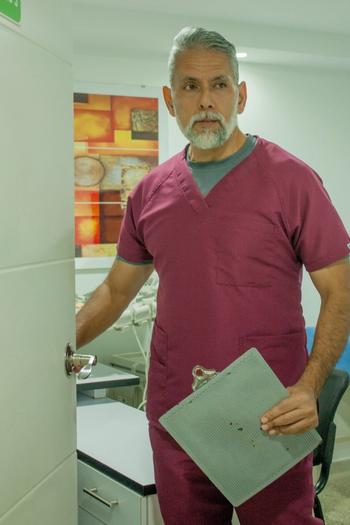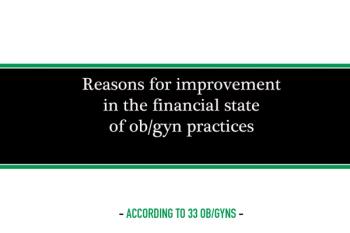
Rarely a day goes by without a post, article, or email about physician burnout.


Rarely a day goes by without a post, article, or email about physician burnout.

In a recent survey, Medical Economics® asked their audience what challenges they see for 2021. Hiring and retaining medical staff landed among the top five issues.


As the pandemic forces health care to adapt, virtual Well Woman visits can be offered as a safe approach to timely care.

During the pandemic, physician self-care and organizational efforts to protect physician wellbeing are vital to maintaining a healthy and able workforce, which in turn enables a strong response to the ongoing health crisis.

In July 2019, a jury awarded $229.6 million in the largest medical malpractice verdict ever in the United States.

Senior Editor Angie DeRosa and Associate Editor Lindsey Carr sat down with Drs. Vanessa Rogers and Shawna Nesbitt to discuss racism and unconscious bias in ob/gyn practice.

In the latest issue of Medical Economics, several coding experts give advice on maintaining compliance and collecting revenue for virtual services in the first part of this two-part coding guide.

Drs. Rogers and Nesbitt discuss what obstetricians and gynecologists can do to reduce racism and unconscious bias in their practice.

“In the past 55 years since I became a physician, progress has been made but we still have so much more to do and a long way to go.”

Although clinicians are getting used to incorporating telehealth into everyday practice, ensuring they get paid for these virtual visits is essential.

Here are some practical steps you can take to secure your practice's future.

Bridging the generational gap in the physician workforce.

As telehealth becomes more and more prevalent in practices everywhere, there are many things practitioners need to know.

In late March, the Coronavirus Aid, Relief, and Economic Security (CARES) Act was signed into law.

The current climate around race and implicit bias has forced us to take a step back and confront its presence in our day-to-day lives.

Telehealth was, at first, integrated as a short-term way to address problems brought on by COVID-19.

The U.S. Department of Health and Human Services (HHS) will distribute $15 billion to eligible Medicaid and Children’s Health Insurance Program (CHIP) providers.

With the complex eligibility and application requirements, it can be difficult to find out exactly how your practice can access the HHS federal relief funds.

With virtual scribes, your practice could reduce physician workload and increase revenue. Read more for details from Medical Economics’ insightful article.

A randomized trial involving a simulated clinical encounter suggests that physician gender and race may not significantly affect patient satisfaction with or confidence in physicians.

In a recent survey, 33 ob/gyns were asked what led to an improved financial state for their practice.

The 90th annual Medical Economics Physician Report survey asked 134 ob/gyns about how the financial state of their practice has changed in the past 5 years.

To improve health outcomes, today’s physicians must be able to communicate effectively with their patients. One approach many experts encourage physicians to use is motivational interviewing (MI), a series of techniques to get at the root of patient concerns and help encourage them to make healthy behavior changes.

The sheer number of code options can be intimidating, but mastering a few concepts can alleviate some of the stress.